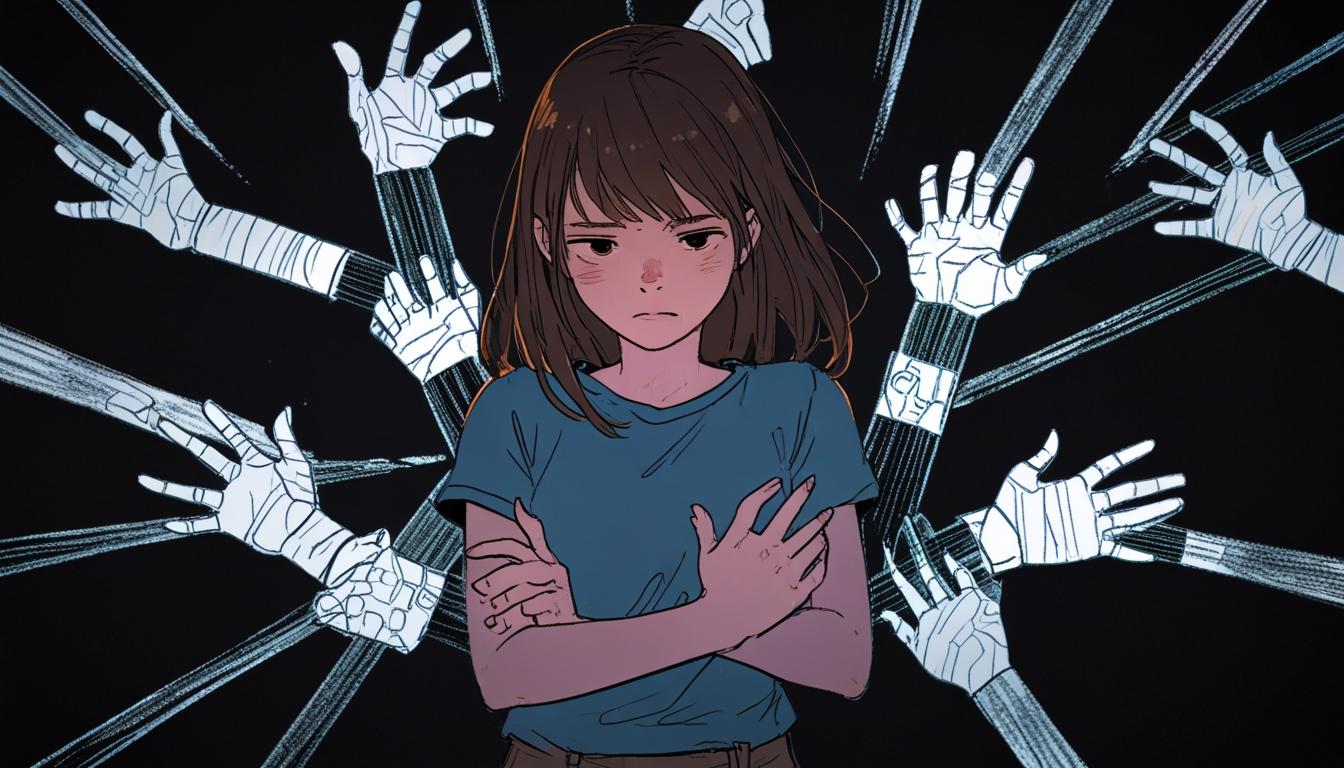A recent report by the London Assembly Police and Crime Committee has raised significant concerns over the prevalence of violence against girls in London, describing it as ‘endemic’ within the city's society. The investigation, conducted over four months, highlighted a disturbing rise in sexual offences and the impact of harmful online influences on young people, particularly boys.
The committee’s findings reveal that sexual harassment has become increasingly common in London’s schools. Alarmingly, 90 per cent of girls and 50 per cent of boys surveyed reported having received explicit pictures or videos they did not wish to see. This phenomenon contributes to what the report refers to as an ‘Adolescence epidemic’, a term inspired by the Netflix drama about a 13-year-old boy radicalised by misogynistic content online.
In the 12 months leading up to January of this year, London has seen sexual offences rise by 7.5 per cent, with rape reports increasing by 2.3 per cent. The report noted a ‘growing gender divide’ wherein boys increasingly perceive dominance over girls as a form of power, and girls are regarded with hostility.
Central to the report’s concerns is the role of online influencers who promote misogynistic attitudes. Research cited by the committee suggests that one in three young men have a positive view of Andrew Tate, a controversial online figure who has been charged with rape and trafficking offences in Romania, charges he denies. Scotland Yard Deputy Assistant Commissioner Alexis Boon expressed worry about the lack of positive role models for boys to challenge such influences. Speaking to the Daily Mail, Boon stated: “That is possibly what is missing in the VAWG space, those strong role models and people who can come out and challenge [Andrew] Tate on his own turf.” She went on to describe the influence of such extremists as akin to terrorism, saying, “It is extremism and we should counter it in a similar vein.”
The London Youth Assembly echoed these concerns, highlighting how harmful online communities fuel a hostile environment where boys see power in dominating girls, who are consequently viewed as adversaries.
In response to these issues, the committee recommended launching an information campaign involving partnerships with footballers, musicians, and other celebrities to offer positive role models for young people. It also called for the creation of a ‘parent’s toolkit’ to better equip families to support their children in navigating online content. Specific concern was raised about platforms like Snapchat, which allows images to vanish seconds after being viewed, making it particularly challenging to monitor what material children are exposed to.
Susan Hall, chair of the London Assembly Police and Crime Committee, described the situation as “stark,” emphasising the need for urgent action from the Mayor to educate young people about healthy relationships from an early age. Hall stressed the importance of combating online hate and promoting positive male role models to counteract the current toxic environment.
The report paints a detailed picture of a city grappling with rising sexual violence and an urgent need to address the cultural and online influences shaping the attitudes of its youth.
Source: Noah Wire Services
